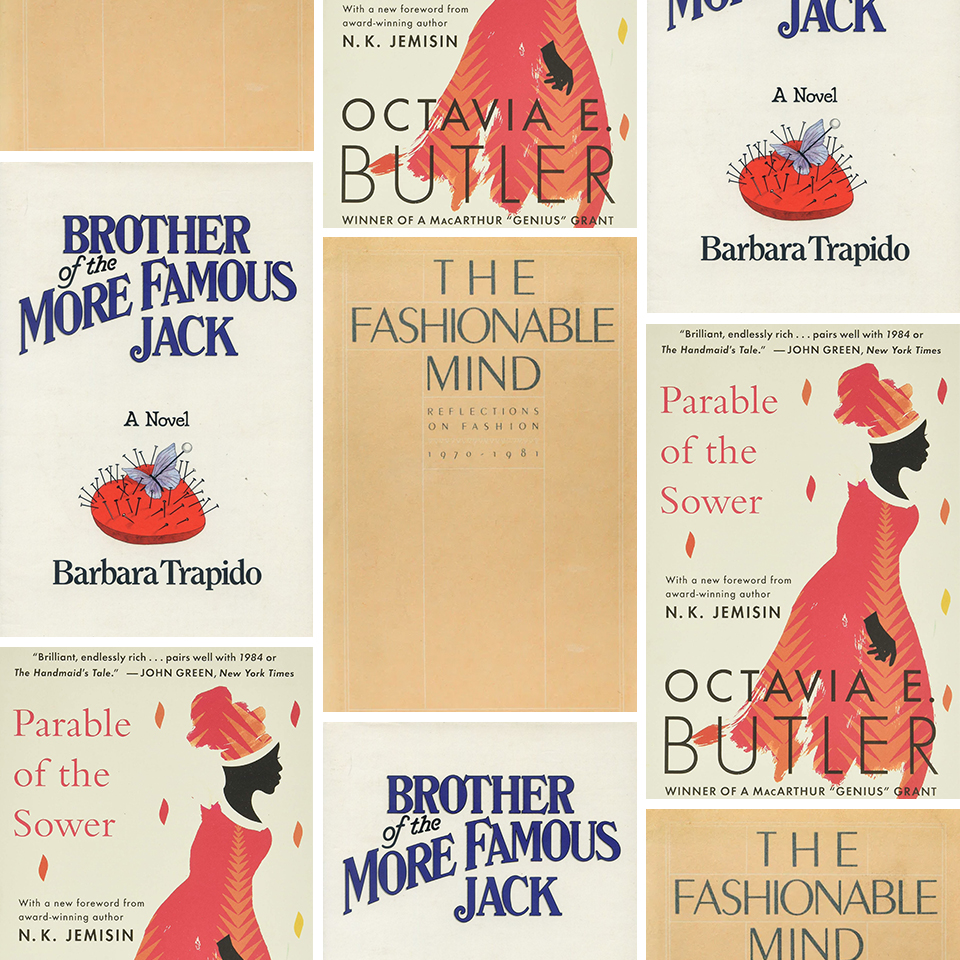
Inspiration is everywhere. It’s in the places we visit and the people we meet. For writers, it is often found in words, pages and chapters — in the work of peers, past and present. Below, we ask three authors — Allegra Hyde, Meg Mason and Véronique Hyland — to share the books that have inspired them most.
Parable of the Sower by Octavia Butler
“A book that has inspired my writing is Parable of the Sower by Octavia Butler. Originally published in 1993, the novel depicts a vision of 2020s America in which society is unraveling. Though Butler’s vision of the future has not come exactly true, the novel contains a number of uncanny predictions — such as a presidential candidate who talks of “making America great again.” In my own work of speculative fiction, Eleutheria, I tried to follow in Butler’s footsteps by drawing on extensive scientific, political, and historical research to create a portrait of a near-future America in the throes of climate change and societal turmoil — as well as the activist efforts of those seeking to create change.” — Allegra Hyde, Eleutheria
Brother of the More Famous Jack by Barbara Trapido
“When I first came across this debut novel, by the British author Barbara Trapido, I knew halfway on page two that it was going to become my favourite book of all time. That was maybe ten years ago, and I’ve returned to it every year since as it’s everything I love as a reader and could ever hope to achieve as a writer. It is an incredibly intelligent novel but not an onerous read, and sad but also desperately funny — often within the course of one sentence. Set in eighties London, it tells the story of Katherine, a clever but quite naive suburban teenager, who is interviewed for a university place by a left-wing philosophy professor, Dr. Goldman, who then draws her into the life of his vast, bohemian family. She quickly falls in love with his oldest son, and then very slowly with his younger son. Although it was first published in 1982, it feels incredibly contemporary, with a sort of spare, economical style, like proto-Sally Rooney, and was so prescient in its concerns — exploring everything from toxic masculinity to medical misogyny, without ever becoming heavy. And while it isn’t exactly a mass title, once you start looking, you find out it has a cult following, especially amongst writers — everyone from Elizabeth Gilbert to Ann Patchett, Lauren Groff and Maria Semple are devotees.” — Meg Mason, Sorrow & Bliss
The Fashionable Mind by Kennedy Fraser
“A longtime contributor to The New Yorker, Kennedy Fraser contextualizes fashion like no one else. I can’t recall exactly how I got my hands on my pale-pink paperback of her collection The Fashionable Mind (well-meaning relative? forgotten used-bookstore crawl?) but I’ve turned to it many times since. When writing my book Dress Code, which is also a collection of essays about fashion, I was inspired by the way Fraser was so ahead of her time, weighing in on everything from “electronic shopping” to the changing styles in office wear. Unlike some of the fashions she was writing about, her acerbic observations haven’t dated one bit.” — Véronique Hyland, Dress Code
